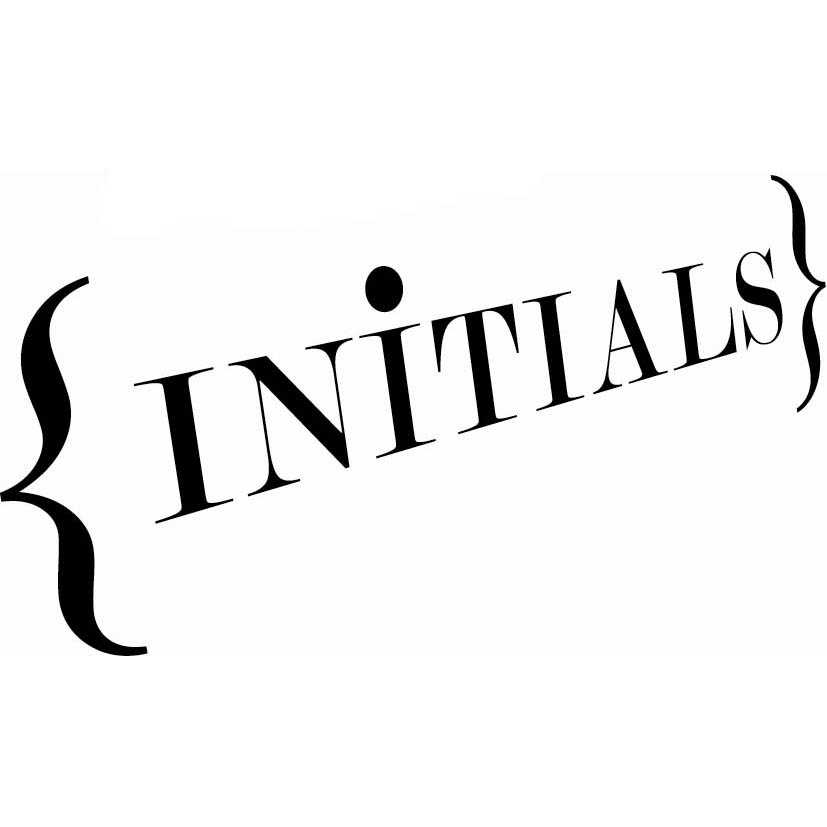
The standard form OREA Agreement of Purchase and Sale requires initials to be placed on every page for the purposes of acknowledgment except the actual signing page.
The difficulty is page one. With a few Offers and Counter-Offers, it doesn’t take much for the initials to add up.
The first page contains:
- Price
- Deposit
- Offer Party
- Irrevocable Date
- Closing date
Frequently these matters are the items calling for negotiation. There is no spot for initials if any changes are required. That poses a problem. As more and more initials accumulate, what do they all mean, what are they for, when were they placed on the document?
These are all questions for a Trial Judge, should there be a dispute.
If there is a problem of some kind would a Judge count the number of initials to make sure they match the number of changes? Quite possibly!
It is not the actual count that is important, it is whether the final bargain is struck. So, if there are, for example, clear initials associated with the final price, that would be what the Judge would be looking for. The difficulty is that the document may become so messy that it is impossible to associate any particular initials with the final price.
There is an obligation under the Code to produce “written and legible” contracts. (see s. 27 Code of Ethics). The contract has to make sense. Too many initials may just not work. It may be time to start afresh with a new document. Then, it’s clean and it’s also clear. Initials should be kept to a minimum.
A party’s thought process need not be documented, so some initials may do double or triple duty, as long as it’s clear:
- what the specific initials are for, and
- whether there is sufficient evidence that everyone agreed.
Digital documentation will avoid some of these problems.
Messy documents emanate from the use of fax machines.
Scanned documents are to be much preferred.
In my experience, the initial count on the first page often comes up short. This is unfortunate and exposes both parties and their respective agents to unnecessary risks. But, you will appreciate that it is not the negotiation process that is to be confirmed, it is the final bargain between the parties which results in the “agreement”.
It is very difficult to argue later on, when it would have been very simple to deal with these matters at the outset.
The importance may also be a factor. The price and the completion date are essential contract terms. Without either them, there is no contract. The deposit is not an essential contract term, and there need not be a deposit at all.
As the document goes back and forth the “irrevocable by whom” provision switches back and forth between the Buyer and the Seller. However, while important, it may not be essential. A Judge may be able to interpret the contract without this part being properly completed. If the Trial Judge chooses to treat it as a “mere irregularity”, then the contract will still be enforceable.
So, some initials are more important than others.
Again, it’s important to be careful.
Brian Madigan LL.B., Broker

Comments 2
Your website has been a great resource to the real estate community. Thank you for posting your articles.
What would you suggest if an APS and all it’s Schedules were initialed by both parties, with the exception to one Schedule (includes interest paid on deposit, electronic signature and definitions) where it was initialed by the Buyer but not by the Seller?
Really appreciate your response.
Author
There are many contarcts where there are no initials on a page by ppage basis. Ordinarily, it would be enforceable.
Brian